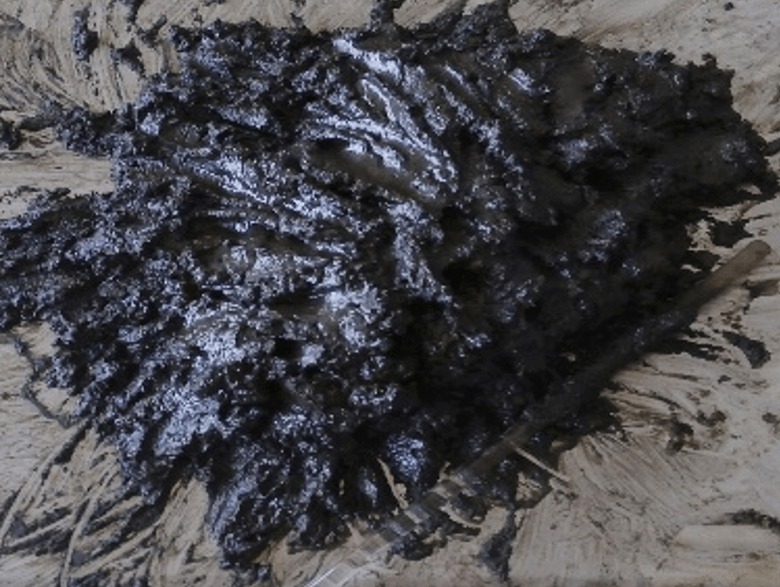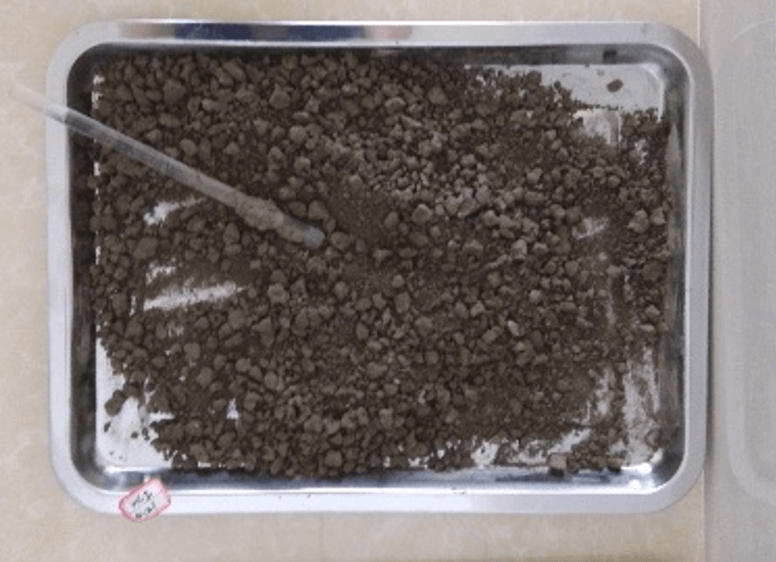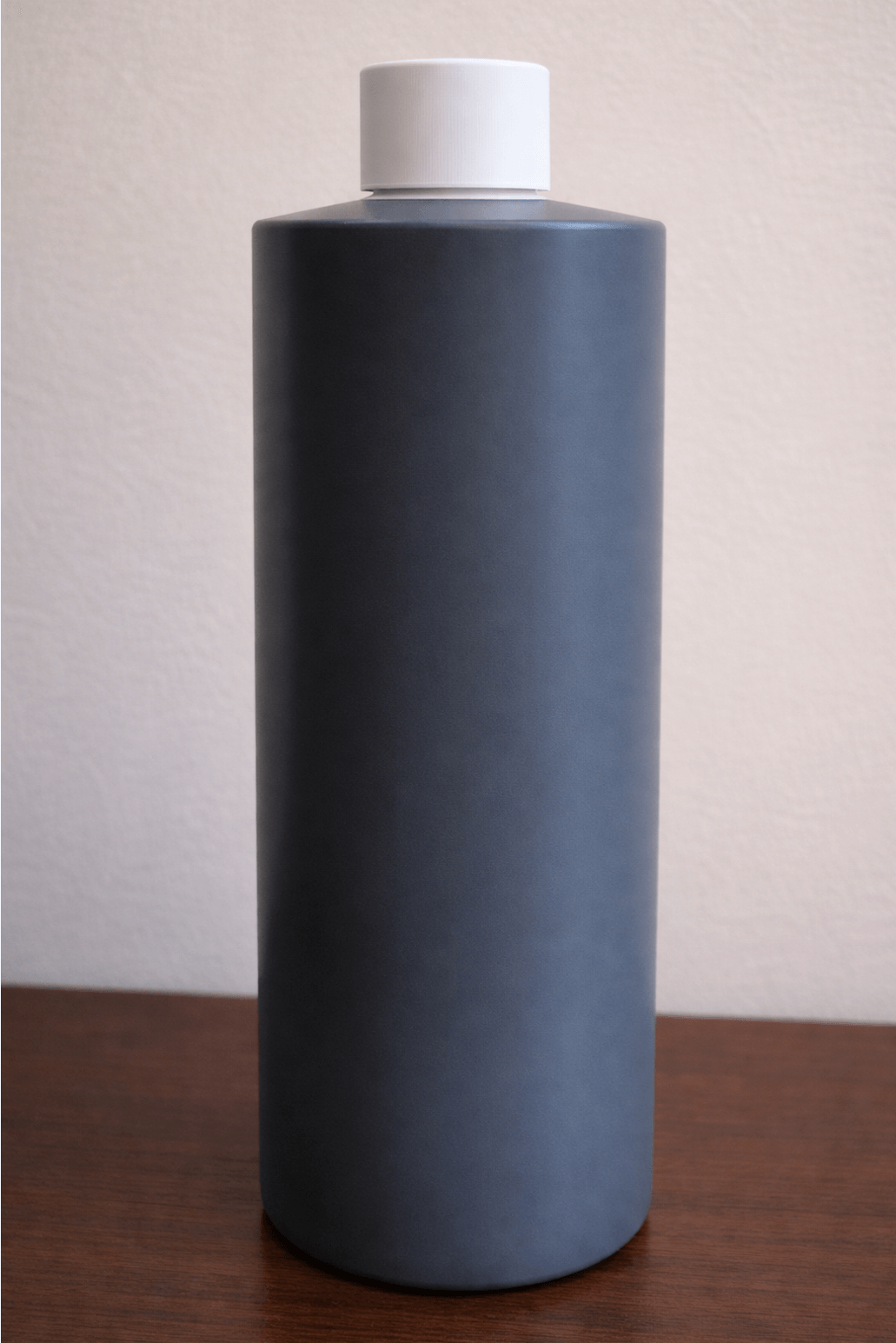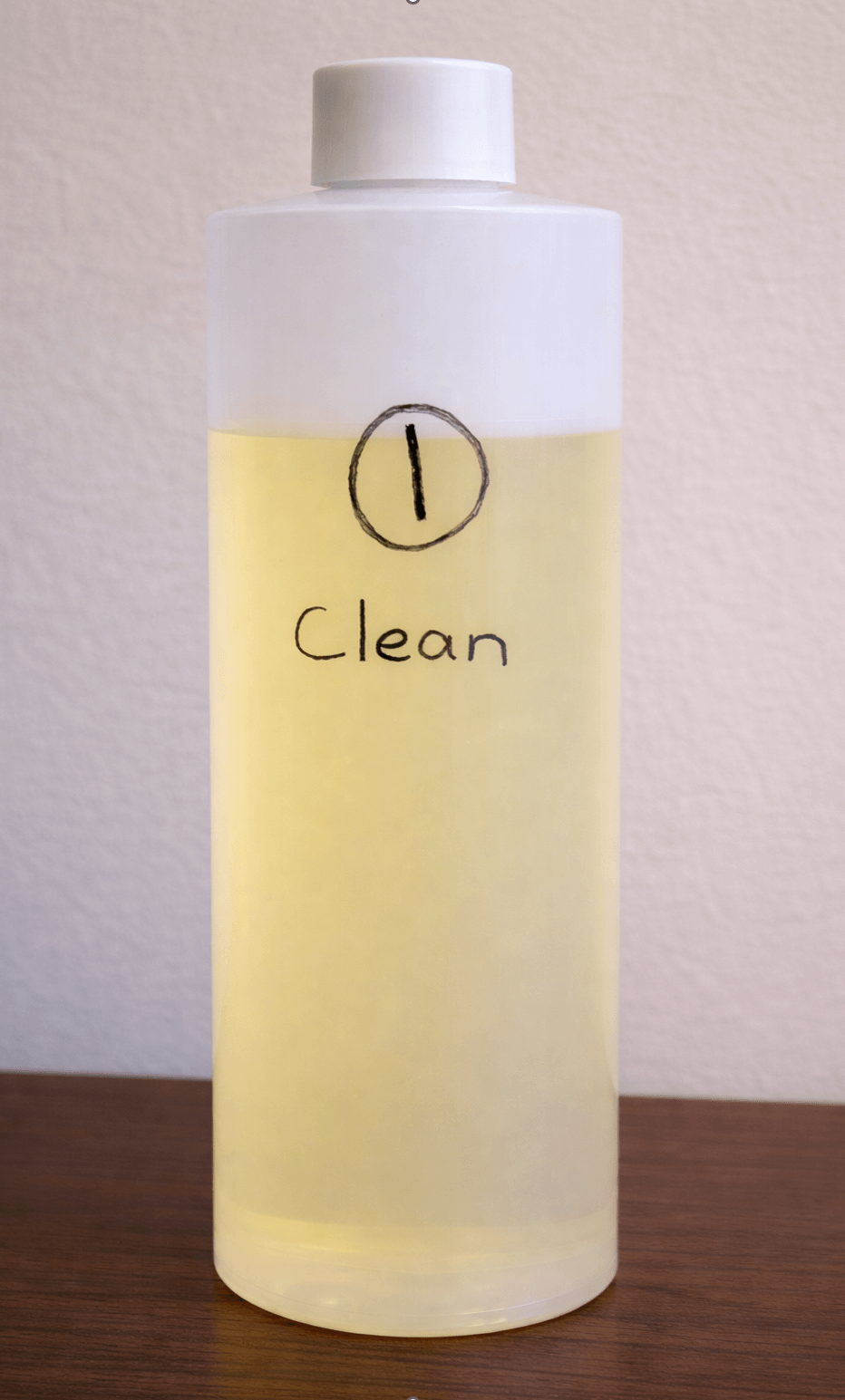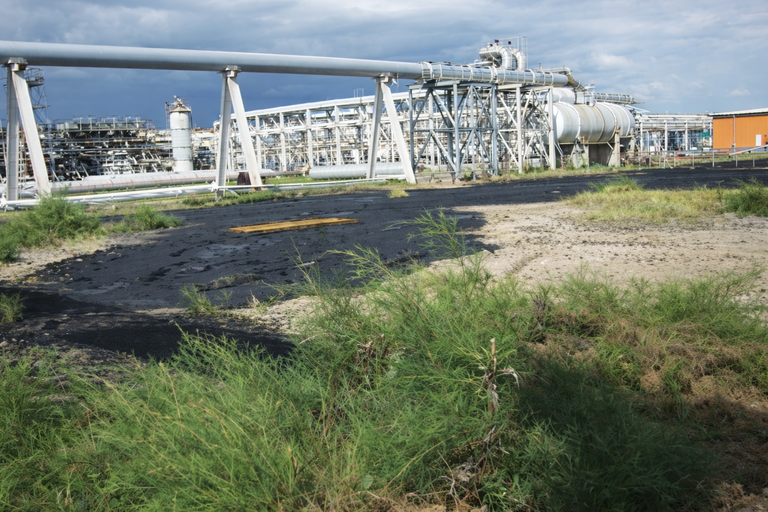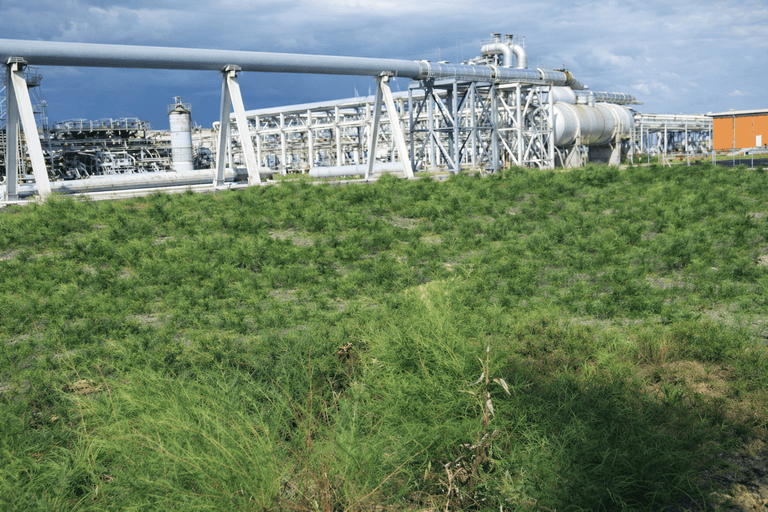- Home
- About
- Products
- Overview
- Product Forms / Packaging
- Plant Health
- Wastewater
- Livestock Waste
- Aquaculture & Algae
- Petroleum & Grease
- On Amazon
- Distributors
- Contact
Petroleum Treat (PT) is a high-CFU blend of petroleum-degrading bacteria for wastewater treatment and petroleum-contaminated soil bioremediation. Designed for the petrochemical, industrial, and environmental remediation sectors, PT accelerates the breakdown of aliphatics, aromatics (including PAHs), petroleum distillates, lubricating oils, and fats, oils, and greases (FOG). Natural biosurfactants and broad-spectrum enzymes increase hydrocarbon bioavailability for faster, more complete degradation. PT delivers consistent results in both wastewater and soil applications, improving stability, reducing TPH, and cutting remediation timelines even under variable field conditions.
Petroleum Treat (PT) contains multiple strains of hydrocarbon degrading bacteria for wastewater and petroleum-contaminated soils. PT microbes produce biosurfactants and enzymes that make hydrocarbons more bioavailable, accelerating the breakdown of aliphatics, aromatics, and PAHs.
In wastewater systems, PT boosts biological performance downstream of oil–water separation, enhancing hydrocarbon removal and maintaining degradation even under fluctuating flow, pH, and temperature. For soils, it accelerates cleanup in landfarming, biopiles, and in situ treatments by improving microbial colonization and hydrocarbon bioavailability.
The formulation’s spore-forming stability ensures reliable field performance. Available in powder, liquid, block, and tablet forms, PT is supplied in bulk, wholesale, or private-label packaging for distributors, OEM product developers, and remediation service providers.
PT delivers consistent results in petroleum-contaminated systems. Its specialized microbial consortium accelerates hydrocarbon breakdown, helping facilities lower O&G, COD, and TPH while maintaining discharge compliance.
PT provides high-activity bacteria for soil with hydrocarbon contamination, enabling faster cleanup and reducing time to regulatory closure.
PT improves microbial efficiency, delivering measurable return on investment by reducing project costs.
PT maintains consistent degradation performance under variable environmental and loading conditions.
Looking to buy the best hydrocarbon degrading bacteria? Petroleum Treat (PT) is a science-backed, high-CFU solution for both hydrocarbon-contaminated wastewater treatment and petroleum-contaminated soil bioremediation. Available in bulk, wholesale, OEM, and private-label formats, PT is trusted by B2B buyers, remediation contractors, and industrial facilities worldwide. Contact us today to request a quote or sample. Our team will help you integrate PT into your operation to cut remediation timelines, lower costs, and ensure compliance.
Concentration (CFU/g):
Custom concentrations available upon request
Packaging Options:
Smaller packaging available upon request.
Shelf-life:
Storage Recommendations:
Application Guidelines:
Blocks
One 900g (2lb) block treats ~1,500m3 (1.5 million liters) of water and slowly dissolves over ~30 days. Dissolve rate fluctuates with water temperature and flow rate.
Tabs
One 85g (3oz) tab treats ~150m3 (150,000 liters) of water and slowly dissolves over ~30 days. Dissolve rate fluctuates with water temperature and flow rate.
Fast-Dissolve Tabs
Tablets dissolve completely within 1 hour in water. Tablet sizes vary (5g, 28g, 130g).
Bio-Based Cleaners and Degreasers
Usage rates vary. Reference dose:
A: Petroleum Treat (PT) is a high-performance microbial blend of petroleum-degrading bacteria for wastewater treatment and soil remediation. It contains strains that produce biosurfactants and enzymes to emulsify and break down petroleum hydrocarbons, lubricating oils, PAHs, and FOG. PT works in both aerobic and facultative systems.
A: PT is formulated with strains specialized for petroleum hydrocarbons, capable of degrading aliphatics, aromatics, long-chain hydrocarbons, and PAHs. This blend is engineered specifically for petroleum-contaminated wastewater or soils. Standard blends don’t target petroleum hydrocarbons as effectively, making PT ideal for refinery and petrochemical wastewater treatment.
A: Yes. PT performs in both wastewater and soil applications. In wastewater, it improves treatment stability, lowers O&G and COD, and supports compliance. In soils, it accelerates cleanup in landfarming, biopiles, windrows, and in situ projects.
A: PT is recommended for petrochemical plants, refineries, oil & gas facilities, industrial sites with oily wastewater, and remediation projects with petroleum-contaminated soils. It performs under variable pH, temperature, and load conditions - see our technical data section for details.
A: Yes. PT contains bacteria that degrade petroleum hydrocarbons, lubricating oils, and FOG. It performs in separators, DAF/IGF units, and downstream biological treatment stages.
A: Absolutely. PT is proven to reduce O&G, COD, and TPH while boosting microbial activity in API/CPI units, aeration basins, clarifiers, and other refinery systems.
A: By improving microbial efficiency and accelerating hydrocarbon breakdown, PT can shorten project timelines, cut chemical usage, and reduce waste hauling and disposal. In wastewater, it also improves separator efficiency and lowers sludge yield.
A: Yes. PT supplies specialized soil bioremediation bacteria that break down diesel, gasoline, PAHs, and long-chain hydrocarbons for faster site closure.
A: Yes. PT is a widely-used microbial base for petroleum-specific cleaners, degreasers, and eco-friendly remediation products. Its non-toxic, non-GMO, spore-forming bacteria are OEM- and private-label ready in powder, liquid, block, or tablet form.
A: PT is effective in API/CPI separators, DAF/IGF units, aeration basins, activated sludge, MBBR, SBR, lagoons, lift stations, sumps, and stormwater BMPs. For soil, it’s ideal for landfarming, biopiles, compost-enhanced treatment, and in situ oxygen-based bioremediation.
A: Oil & gas, petrochemical, refinery, WWTP, transportation, manufacturing, stormwater management, soil remediation and environmental remediation sectors worldwide.
A: PT is available in powder, liquid, block, and tablet forms, with multiple packaging sizes to suit bulk, wholesale, and private-label needs.
A: You can purchase Petroleum Treat (PT) directly from Bio-Green Planet, with bulk, wholesale, OEM, and private-label options available. We supply B2B buyers worldwide, including remediation contractors, refineries, and wastewater operators.
A: Yes. We produce PT in the USA at our Wisconsin microbial fermentation facility under strict quality control standards.
A: Contact our sales team directly to discuss your application, request a sample, or get a bulk or wholesale pricing quote. We work with OEM product developers, distributors, and end users across the petroleum, industrial, and environmental remediation sectors.
